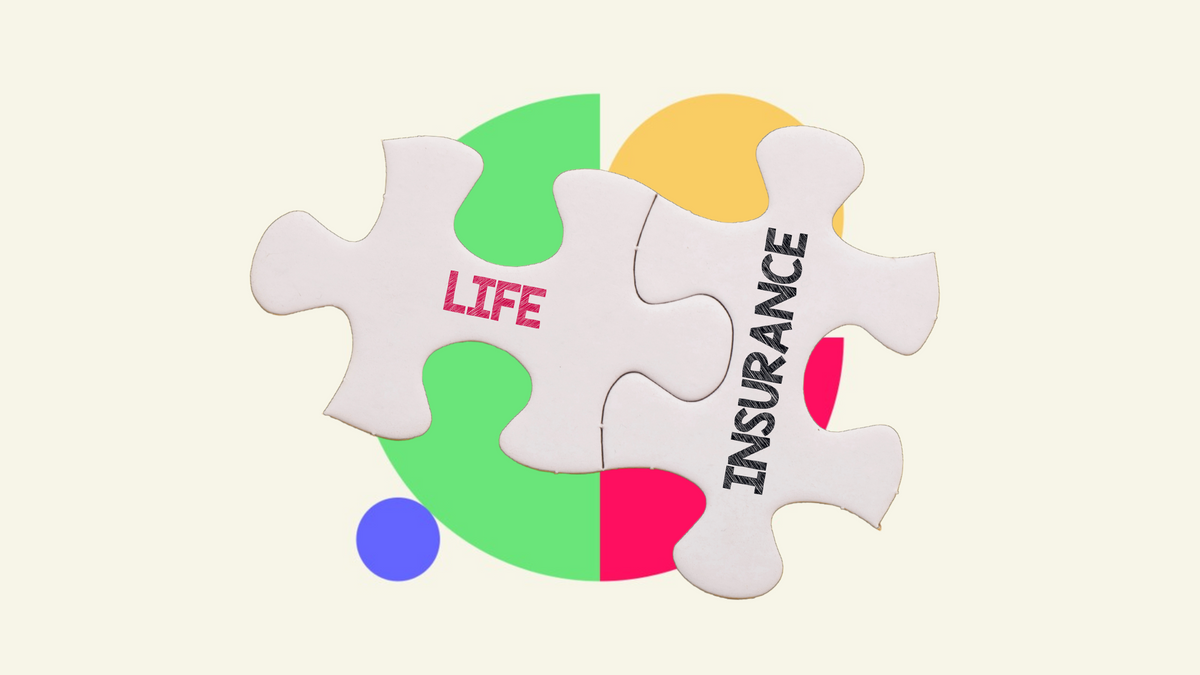Life insurance: How does it work and is it worth it?
By Boring Money
1 Oct, 2024
Only 35% of households in the UK reportedly have life insurance cover, but many more agree it would benefit their family and help to support them after they're gone. But how does it actually work, how much does it cost and - crucially - is it worth it for you?

What is life insurance?
Life insurance is a type of cover you can buy to pay out a lump sum or regular instalments of money to your chosen beneficiaries if you die during the policy term. It may also pay out if you’re diagnosed with a terminal illness and are not expected to live longer than 12 months.
It's typically used to cover your own funeral costs and legal services after you pass away - potentially saving your loved ones thousands of pounds - but can also pay off debts and mortgages or be left to someone to help them pay for things like a house deposit.
Though it can feel daunting at best and upsetting at worst to think about your death, putting a life insurance policy in place can be a way of ensuring you continue to support your loved ones even after you're gone.
Research by Direct Line Life Insurance found that in 2022 around 35% of UK households held a life insurance policy, though six in 10 households agreed that it would benefit their family.
What are the different types of life insurance?
There are several different types of life insurance policy and, though they're all quite similar, there are some key differences in how they pay out. Here's a breakdown of five of the main life insurance policy types.
Level-term life insurance
Level-term life insurance only lasts for a specified term, such as 10 or 25 years, and only pays out if you die within this term. Your monthly premium payments are the same price throughout and the payout if you die stays the same too.
Decreasing-term life insurance
Similarly, decreasing-term life insurance policies only last for a specified term. What’s different is how they pay out. Instead of staying consistent, the payout decreases over time – often in line with mortgages or other expenses that you’re gradually paying off. This usually makes it a cheaper option.
Whole-of-life insurance
Less common and more expensive than the previous two, whole-of-life insurance does what it says on the tin. Instead of having a fixed timeframe, the policy lasts until you die and guarantees a fixed lump sum payout. You might also see it referred to as 'life assurance'.
Death-in-service life insurance
Not a policy you buy yourself, death-in-service life insurance is typically offered by employers as a workplace benefit. On average, it pays out between two and four times your annual salary, provided you die while being employed by the company. It’s worth checking if you have this before you buy any other policy - you may find it in the small print of your employee contract.
Over-50s life insurance
Unlike other policies, you don’t need to provide your medical history for over-50s life insurance, which is helpful if it’s not looking too good because other policies can get very expensive. This policy lasts until you die, pays a lump sum, and is paid for with regular monthly premiums that stay the same throughout. It's often reasonably cheap but comes with strict conditions and is mostly used to cover funeral expenses.







